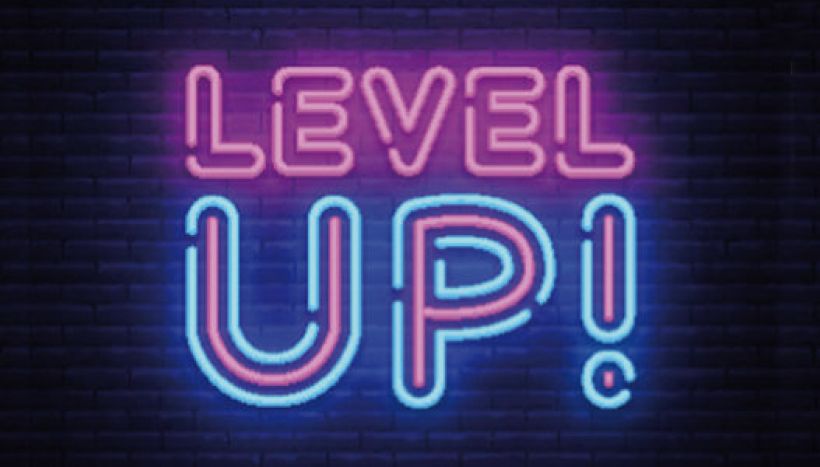T Levels are Coming (Updated)
18 June 2019

T Levels are a new type of qualification being introduced by the government for students who want a qualification which is the same level as A Levels but is vocationally (or technically) focused. They will replace the large choice of current technical qualifications – including level 3 BTEC certificates and diplomas.
We know that the introduction of a whole new set of qualifications may be confusing so here are some frequently asked questions and answers to help you to understand them.
What are T Levels?
T Levels are an alternative to A Levels. They will sit alongside traditional A Levels and apprenticeships and provide an alternative route into employment or higher study.
T Levels will be equivalent to 3 A Levels and students will earn UCAS points depending on their grade, as they do with A Levels.
They will be a mix of classroom learning and a significant industry placement – which will last at least 45 days and is unpaid – to give students the opportunity to put their learning into practice and develop real-life skills.
They are based on the same standards as apprenticeships, which have been designed by employers with the Institute for Apprenticeships and Technical Education to make sure that students develop the knowledge and skills required by employers in that sector.
When do T Levels start?
The first T Level programmes will start as pilots in Autumn 2020 – for students who enter year 11 in September 2019. Leicester College is not part of the pilot. These first programmes will be in:
Digital production, design and development
Design, surveying and planning
Education.
They will then be rolled out in full in phases across the country in 2021 and 2022.
We will begin to deliver T Levels at Leicester College in September 2021 – so for students who are entering year 10 in September 2019 - in
Digital
Construction
Education and childcare
Healthcare sciences
What subjects will be available?
There are 15 T Level routes and most routes have a number of programmes to choose from. The routes are:
Education
Construction
Digital
Health and science
Legal, finance and accounting
Engineering and manufacturing
Agriculture, environment and animal care
Business and administration
Hair and beauty
Creative and design
Catering and hospitality.
Some routes will only be available as apprenticeships. These are:
Transport and logistics
Sales, marketing and procurement
Social care
Protective services
How are T Levels graded?
Student must pass all parts of their T Levels to pass the overall qualification. Those who pass will get a nationally recognised certificate showing an overall grade of pass, merit or distinction.
As well as the overall mark the certificate will include:
a separate grade for the occupational specialism: pass, merit or distinction
a separate grade for the core component: A* to E
grades for maths and English qualifications (if students haven’t already achieved a GCSE or functional skills level 2)
details of the industry placement.
Who can study a T Level?
T Levels are a level 3 qualification, and are aimed at young people after they have taken their GCSEs.
As many young people have studied a broad curriculum, it may be necessary for them to learn basic skills in their chosen subject. Therefore some level 2 study will be incorporated into the T Level, to give them these basic skills. This is instead of, for example spending one year studying a level 2 hairdressing technical certificate and then a level 3 technical diploma for the second year
Entry criteria will vary depending on subject and place of study.
What happens if you can’t do a T Level?
If someone doesn’t meet the entry criteria for a T Level then there will still be a range of alternative qualifications available at entry, level 1 and level 2 which they can study instead.
Do you need to have passed maths and/or English GCSE to take a T Level?
As with existing level 3 study programmes it may be possible for students who do not have a GCSE grade 4 (or above) or a level 2 Functional Skills qualification in maths and/or English – depending on the programme of study – to start a T Level, and study these as part of the overall qualification.
To pass the T Level students must pass GCSE or level 2 Functional Skills maths and/or English by the end of the T Level.
What can you do after a T Level?
A T Level is equivalent to 3 A Levels, and students who complete their T Level will earn UCAS points (currently the maximum for 3 A*s is 168 UCAS points).
T Levels will help to prepare students to enter work with good technical skills and knowledge, or go onto to higher education if they wish to. As with all courses, students should check universities’ or colleges’ entry requirements for higher education courses.